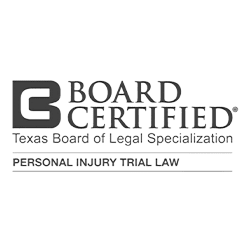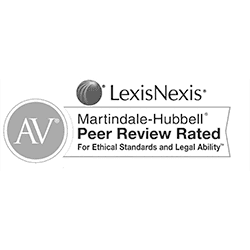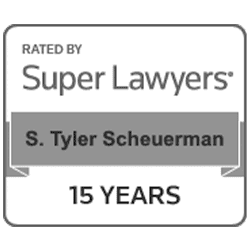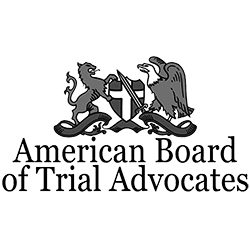A will contest is a legal challenge to the validity of a will, often brought forward when family members or other interested parties believe that the will does not reflect the deceased’s true intentions.
Your Advocate: Protecting Your Interests in a Will Contest
Scheuerman Law Firm offers steadfast legal counsel for individuals facing will contests in San Antonio. The firm, led by Hella Scheuerman, focuses on personalized attention and has extensive experience in probate and estate litigation. It provides tailored legal strategies for clients facing these emotionally charged disputes. Scheuerman Law Firm, PLLC is prepared to offer reliable counsel for those seeking guidance on contesting a will.
















